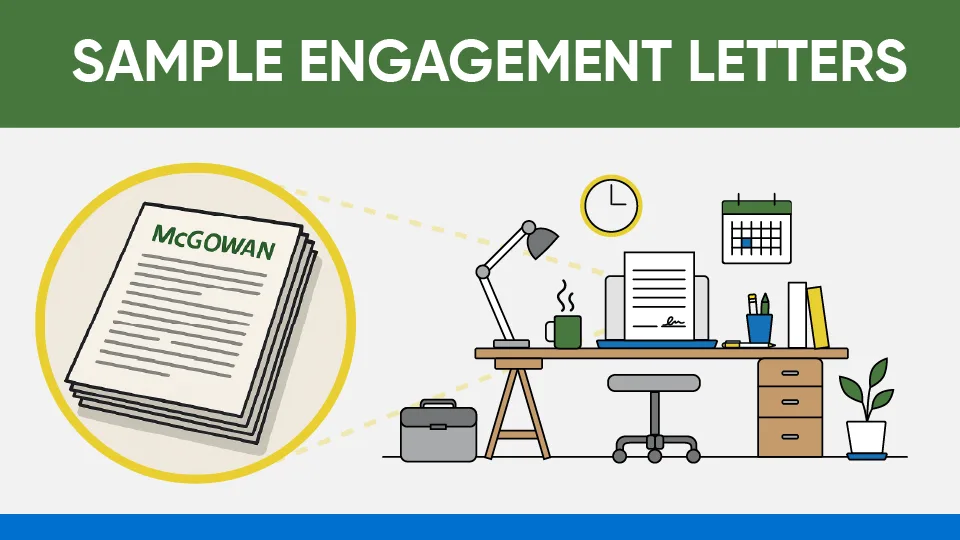
Engagement letters are more than a formal requirement, but vital tools for managing risk, setting expectations, and building trust with your clients.
Whether you’re handling a long-standing account or a first-time engagement, every project should start with a clear, well-crafted engagement letter.
Engagement letters are essential for every service you provide, regardless of the complexity or how well you know the client. They outline the exact scope of your work and help ensure both parties are on the same page—reducing misunderstandings and increasing transparency.
Misunderstandings can lead to costly claims. Many professional liability issues stem from clients believing they were receiving services that weren’t actually included. A strong engagement letter serves as a legal safeguard by clearly stating:
This level of detail can be a critical part of your defense in the event of a dispute.
Outlining what isn’t included in your engagement doesn’t just protect you—it opens the door to offer additional services. When clients see what else you can provide, you create opportunities to expand the relationship and grow your business.
Some accountants worry that engagement letters might feel too formal, especially for long-term or simple engagements. In reality, clients appreciate clarity. When expectations are clearly defined, they’re more likely to feel confident, informed, and satisfied with your service.
Every engagement letter should include a mediation clause. In the rare event of a conflict, mediation offers a more cost-effective and relationship-preserving path to resolution. It’s a simple step that can make a big difference.
No matter the size or duration of the job, engagement letters should be a standard part of your workflow. They protect your practice, help your clients feel secure, and support long-term business growth.